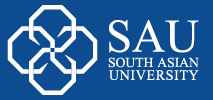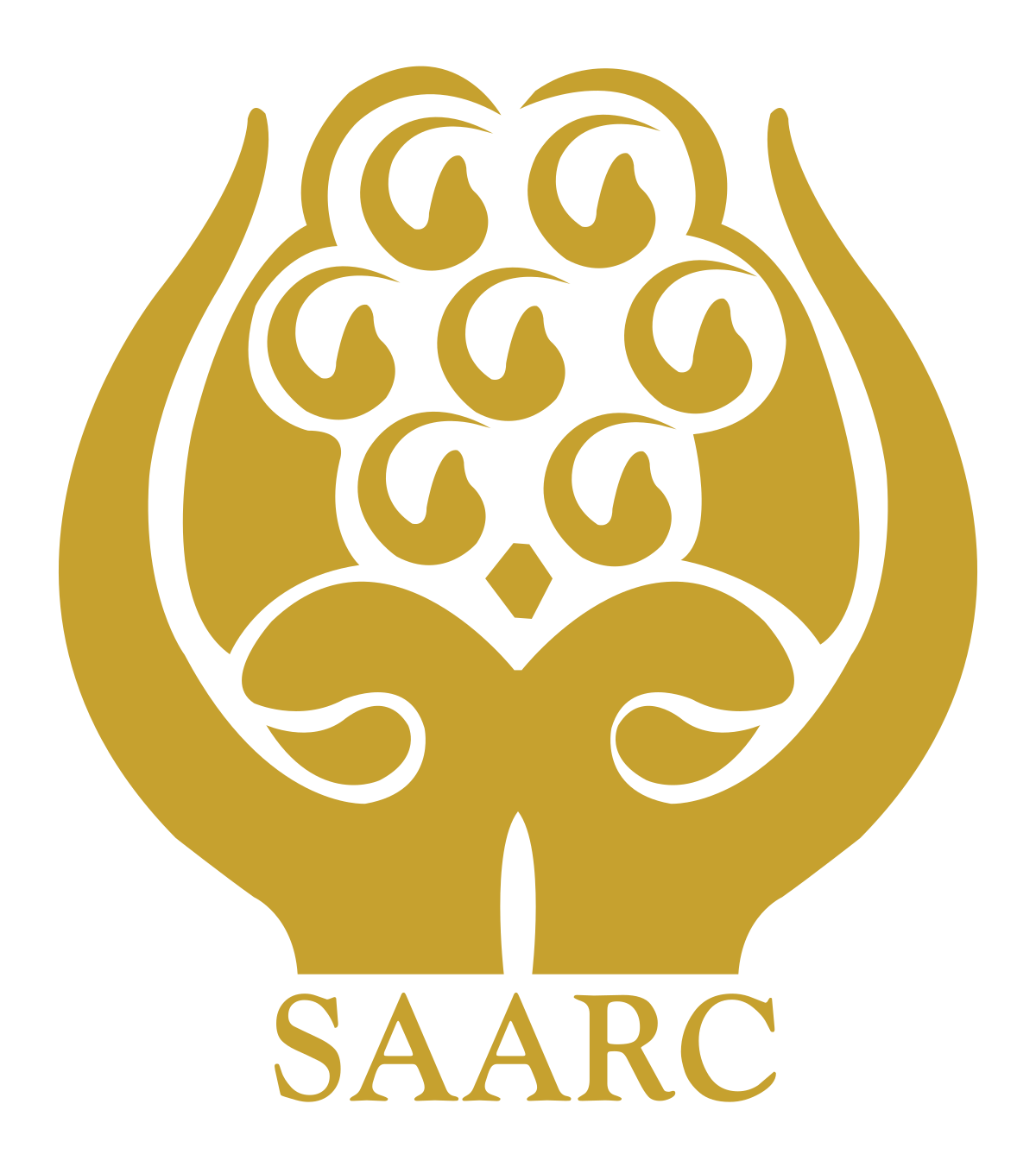Centres & Institutes
Institute of South Asian Studies (ISAS)
SAARC countries share a land mass that has the Himalayan Mountain ranges on the North and Bay of Bengal, Indian Ocean and Arabian Sea towards the South. This land mass has a common weather system dominated by the South-Western Monsoon, common river system with shared rivers that flow from one country to the other, a long common coast line and indeed a shared cultural heritage. As a result, SAARC countries also have many shared problems can be solved admirably well, through the available human capital stock of the region. There are, for example, issues of water resources with a plenty in monsoon season and deficiency in other months. The intra-SAARC ecosystems are such that disasters like floods, landslides, earth quakes and epidemics in one part of the region can, and do, immensely affect other regions. SAARC countries may also complement each other in supply and demand of crucial resources. Hydro-electric / geo-thermal and oil/gas potential of some countries may meet the energy needs of the rest. Similarly, there are issues of migration of manpower, public policies, terrorism and general governance itself that are shared concerns in the region. It will be immensely useful that the SouthAsianUniversity has a competent and rigorous think tank to mull over such shared issues from a regional perspective and attempt to evolve shared approaches for solving such problems. Such an institute may also focus on sharing of experiences of different South Asian countries in public policy and governance issues. The list of shared concerns can go on, and so can the strategic academic approaches to address them.
Structure: The institute may have core faculty from different SAARC countries as well as a flux of visiting faculty from different countries. The University may provide the required infrastructure, administrative support as well as core funds for establishing such an institute on SAU campus. The Institute may have a Director and about 10 core researchers in different fields of interest, who would coordinate research activities in various areas of interest. Besides the core faculty, the institute can also draw heavily from different Faculties within the SAU. Some illustrative focus areas in the institute can be:
- Natural Resource Conservation
- Energy studies
- Biodiversity Conservation
- Study of Environmental Issues
- Weather patterns
- Monitoring of regional Epidemics
- Public policies and governance
- Preservation of cultural heritage
- Regional natural disaster management
- Terrorism and Conflict Resolution
- Globalization and regional trade
- Psychology including contemplative Psychology
- Spirituality and religious studies
- Ethics and Values Studies, Philosophy
- Public Health and Alternative Medicine
- Search for Common Ground and Peace Studies
The faculty in the ISAS would be recognized research guides in relevant Faculties of the University and will be able to register PhD students under their supervision at the ISAS.

